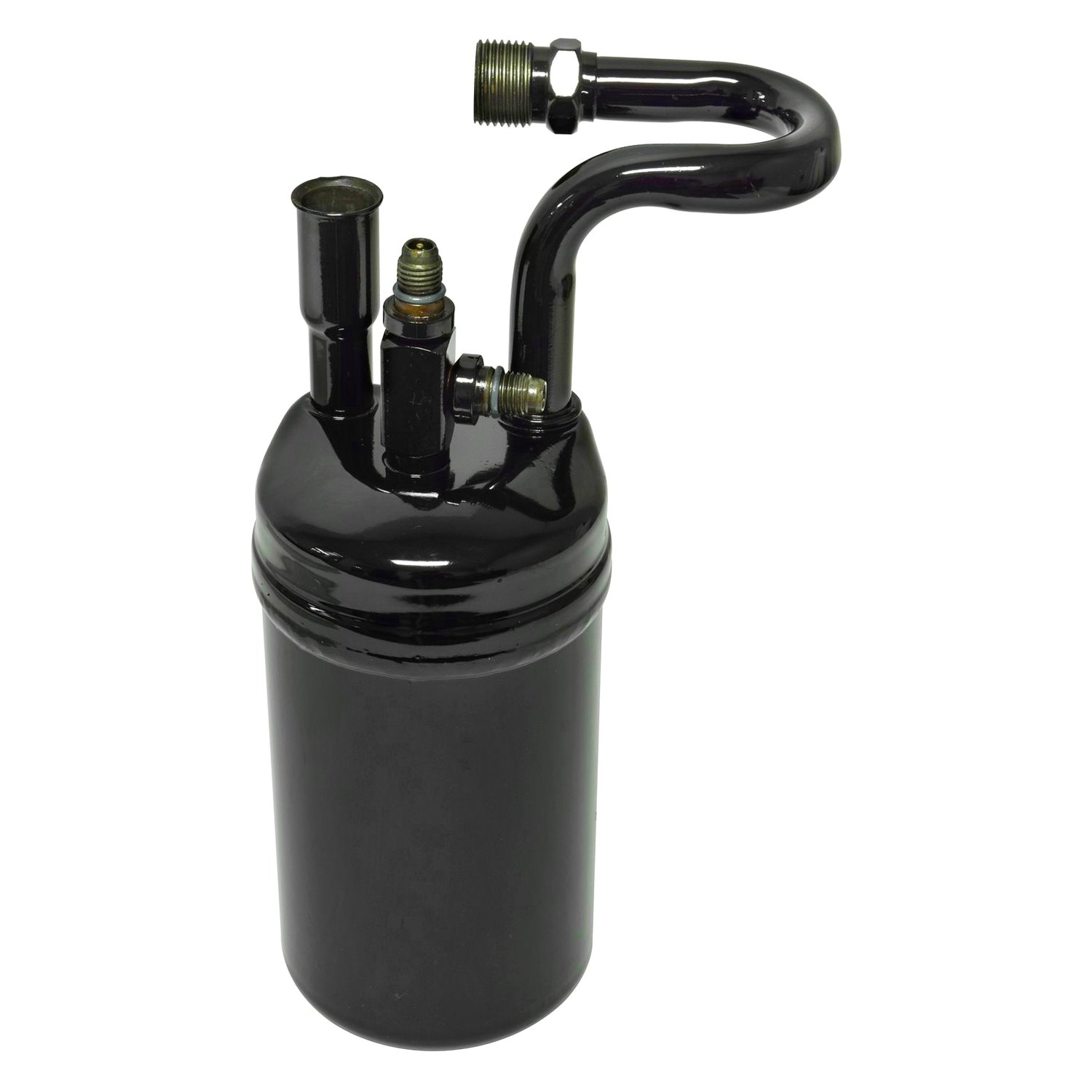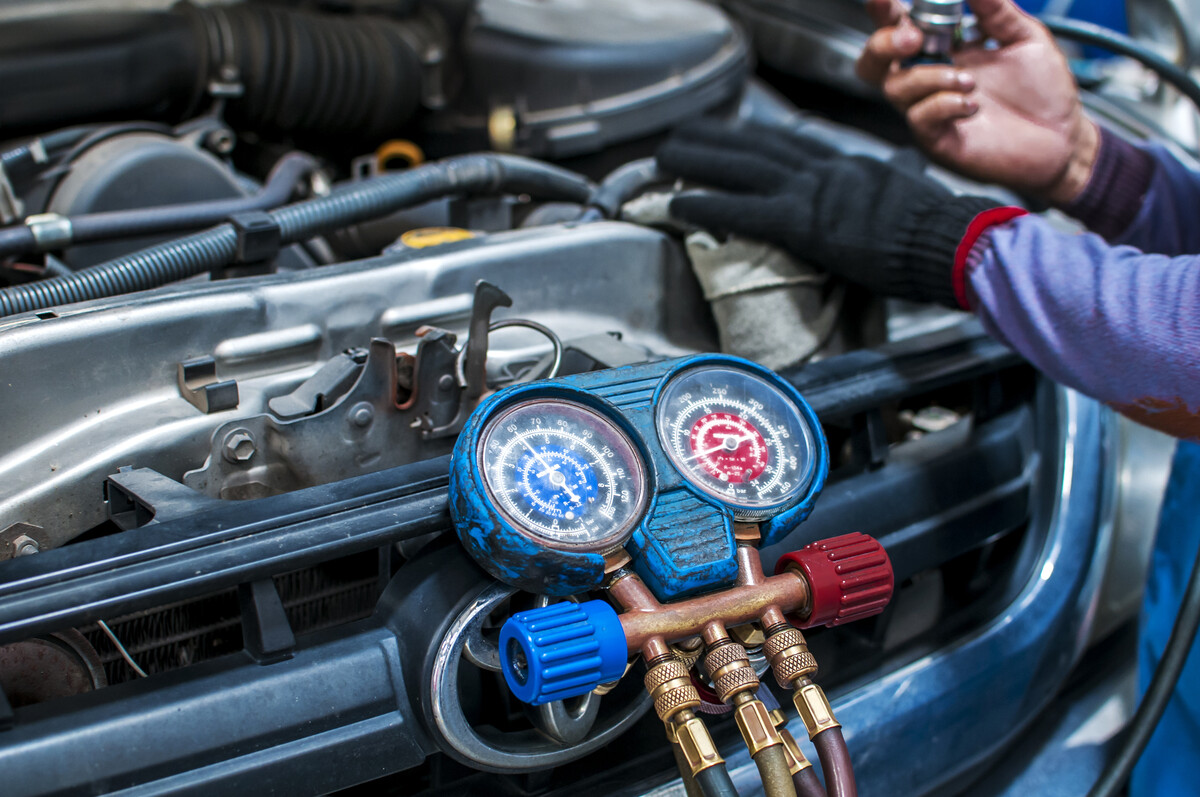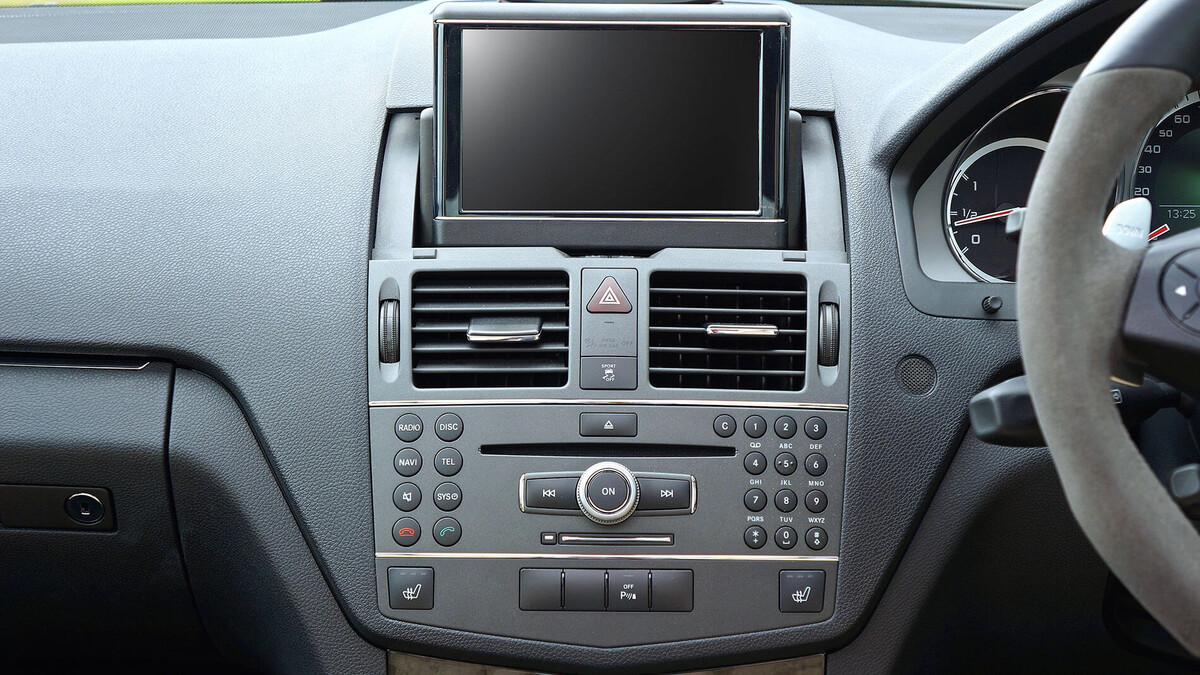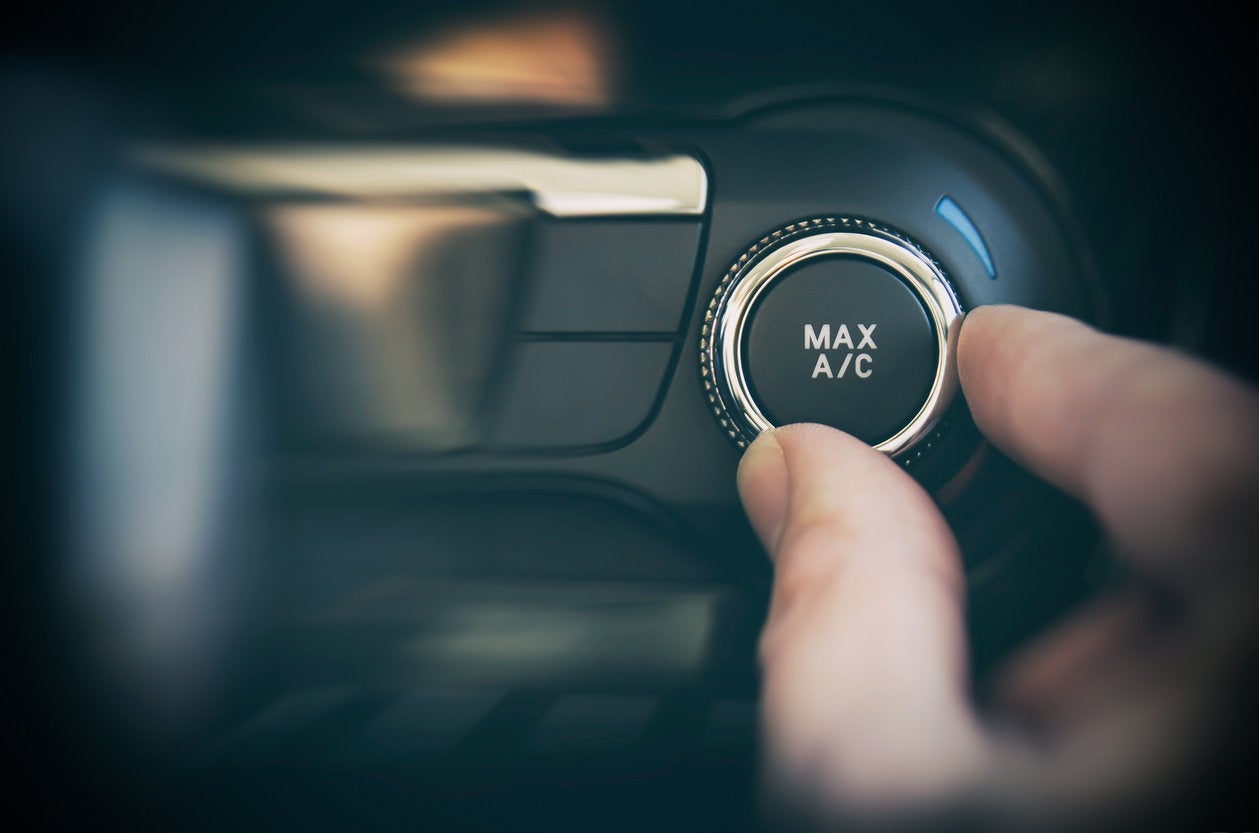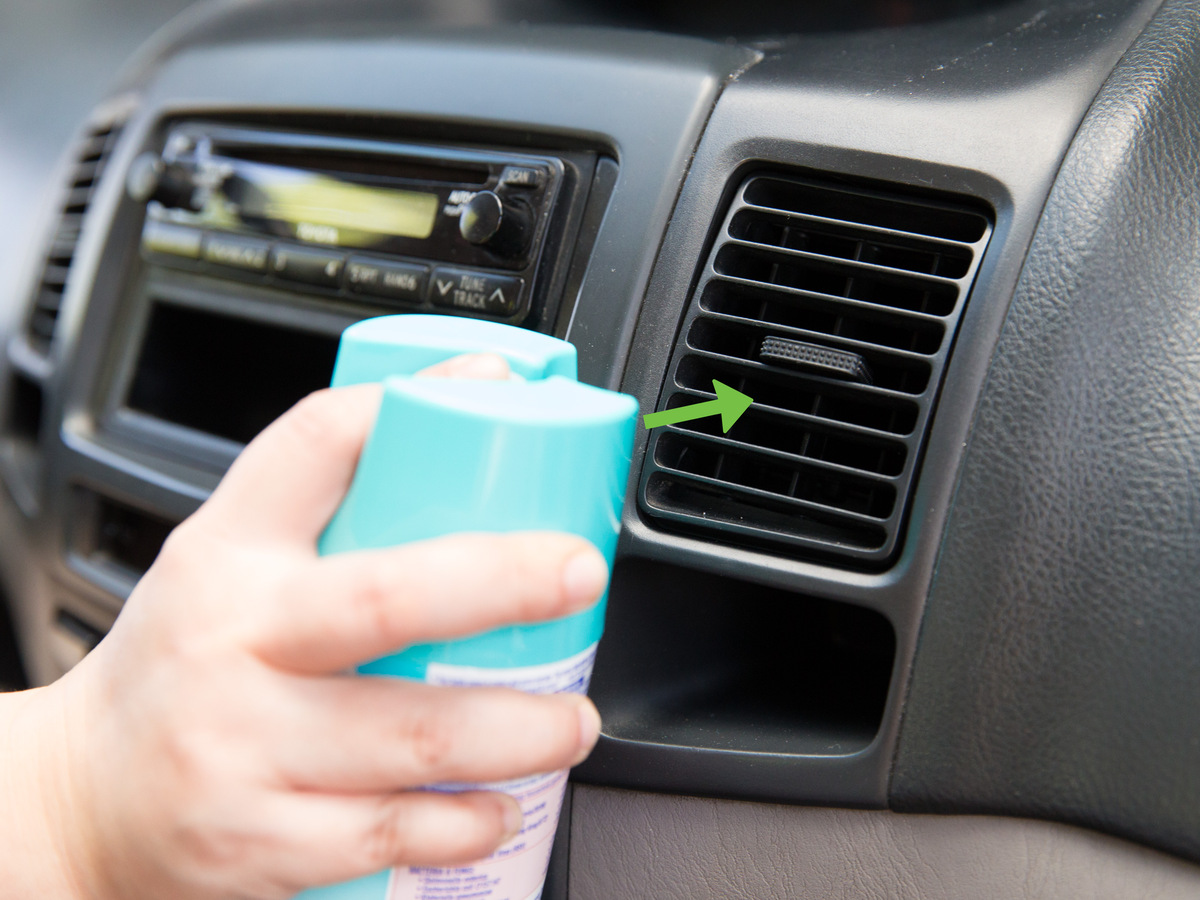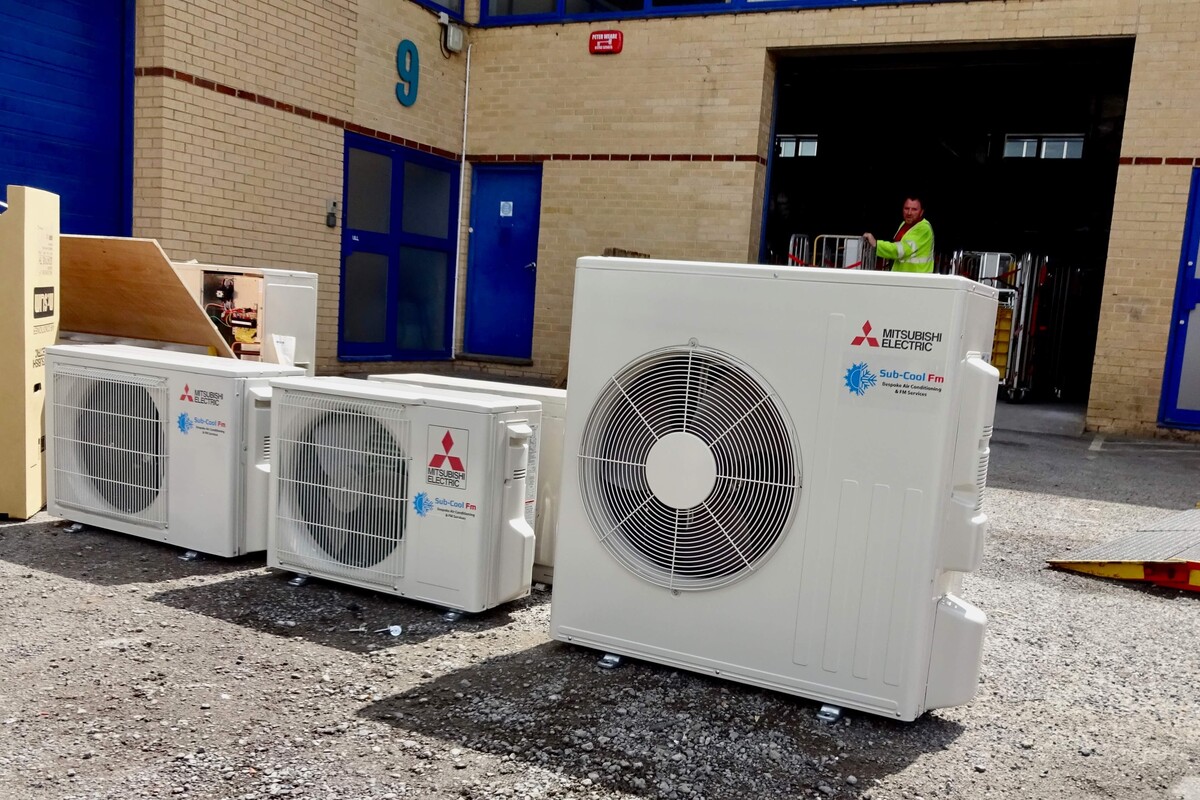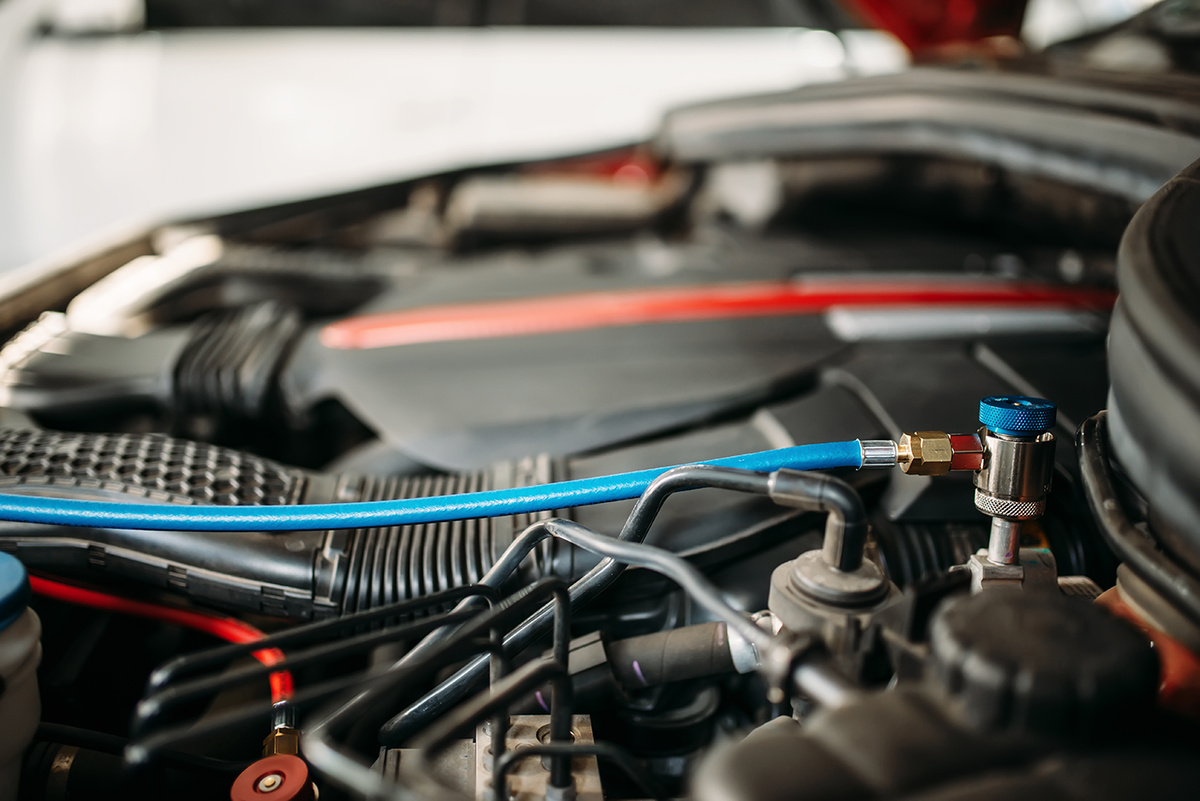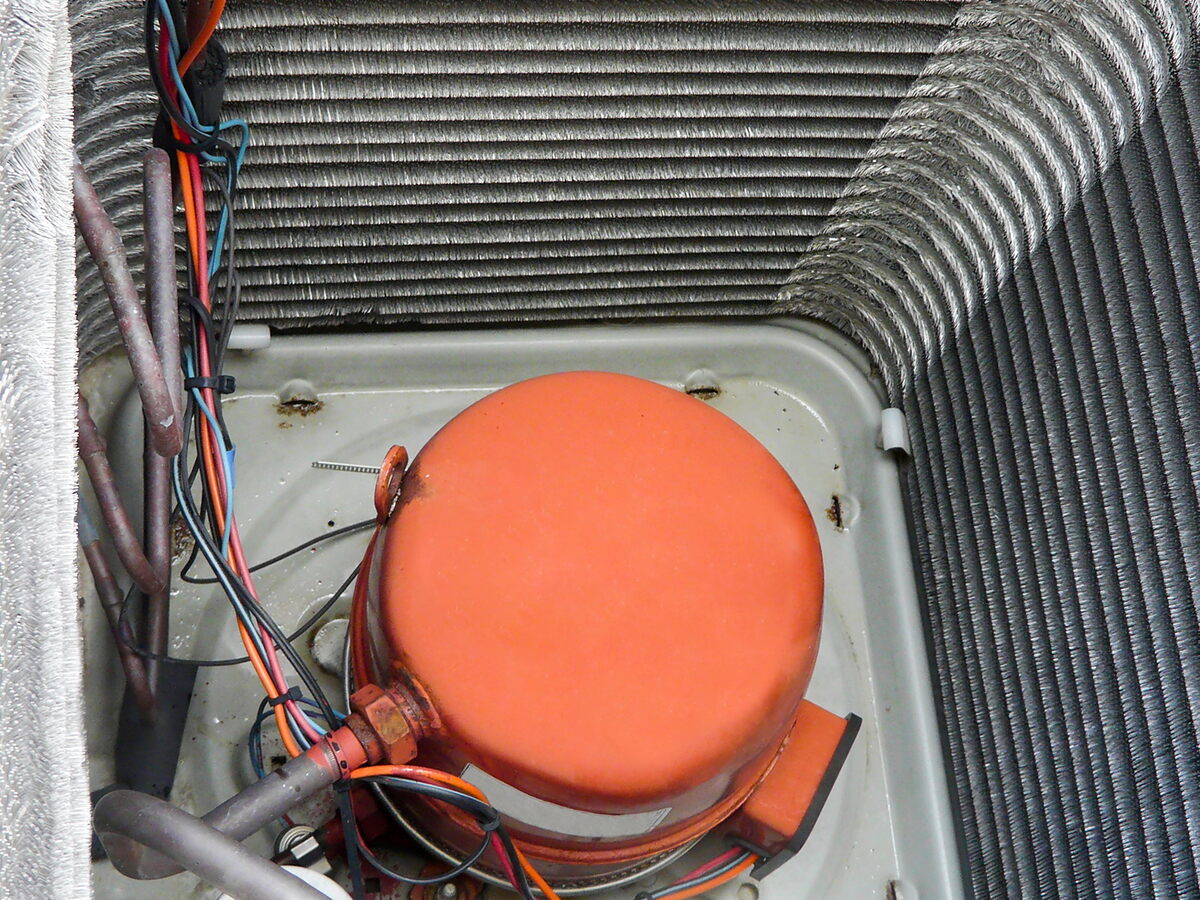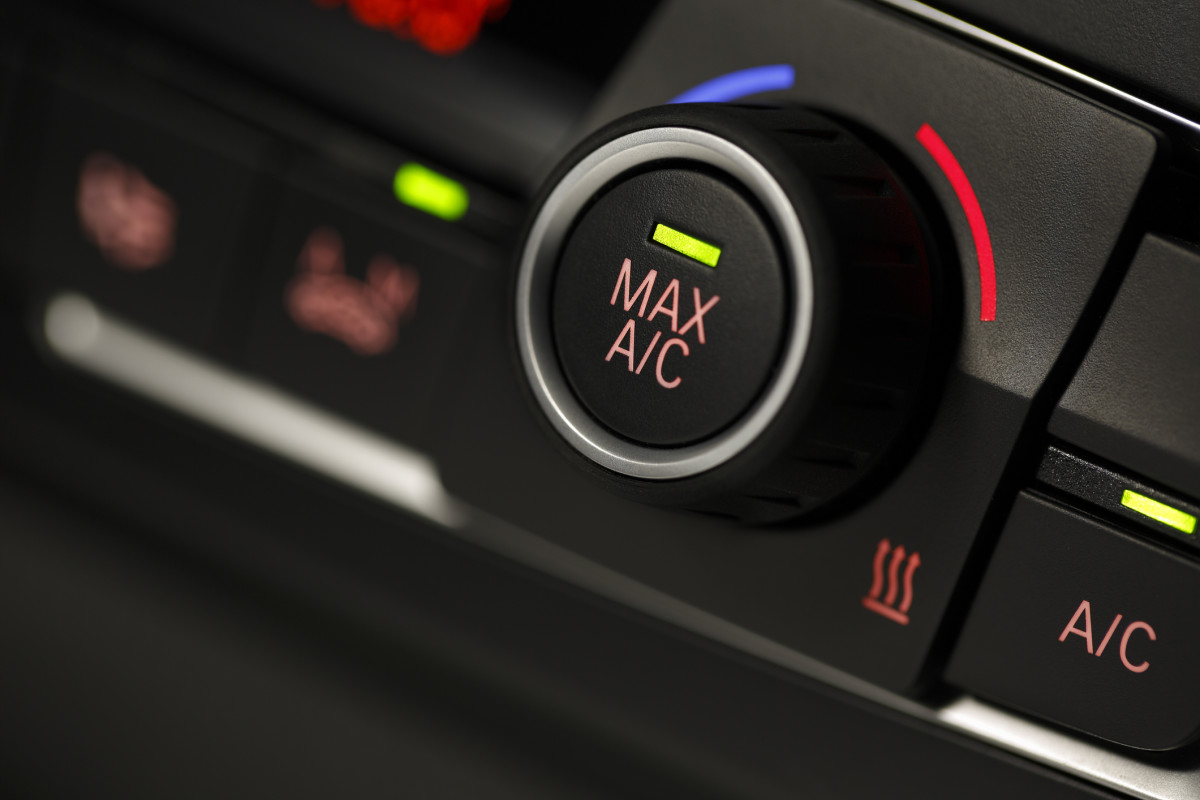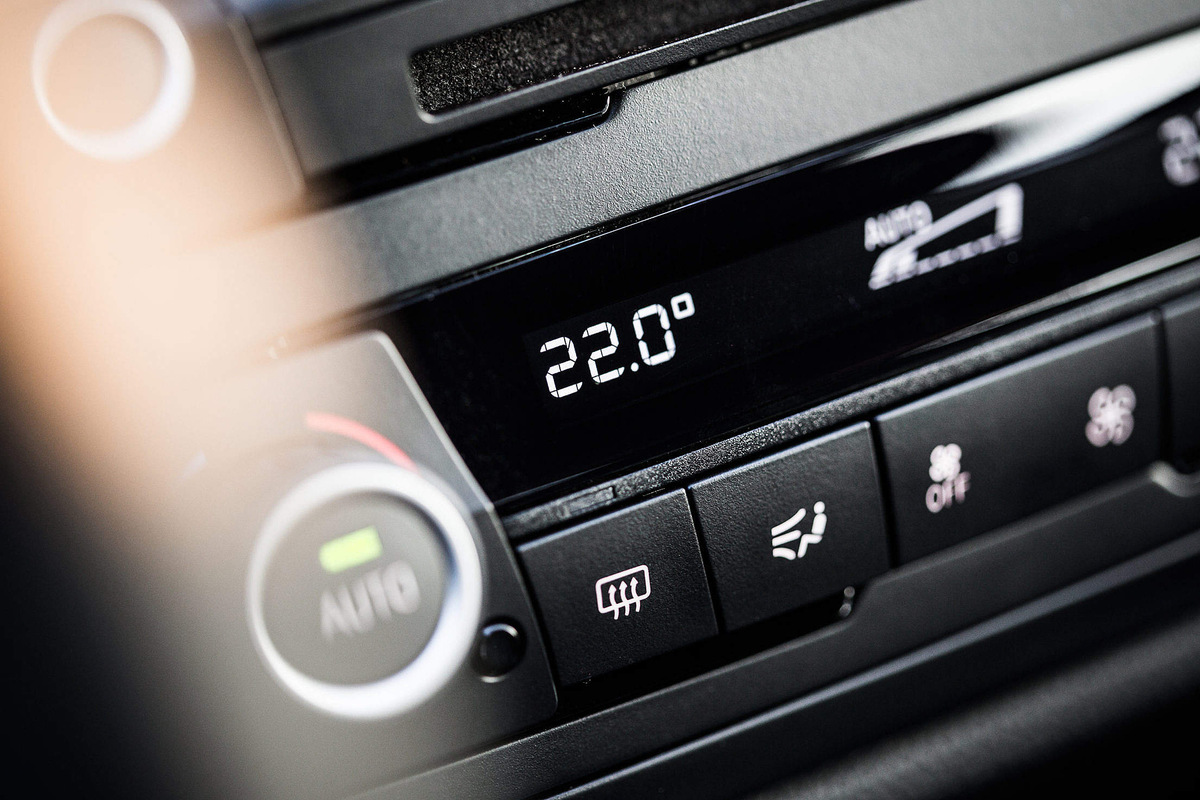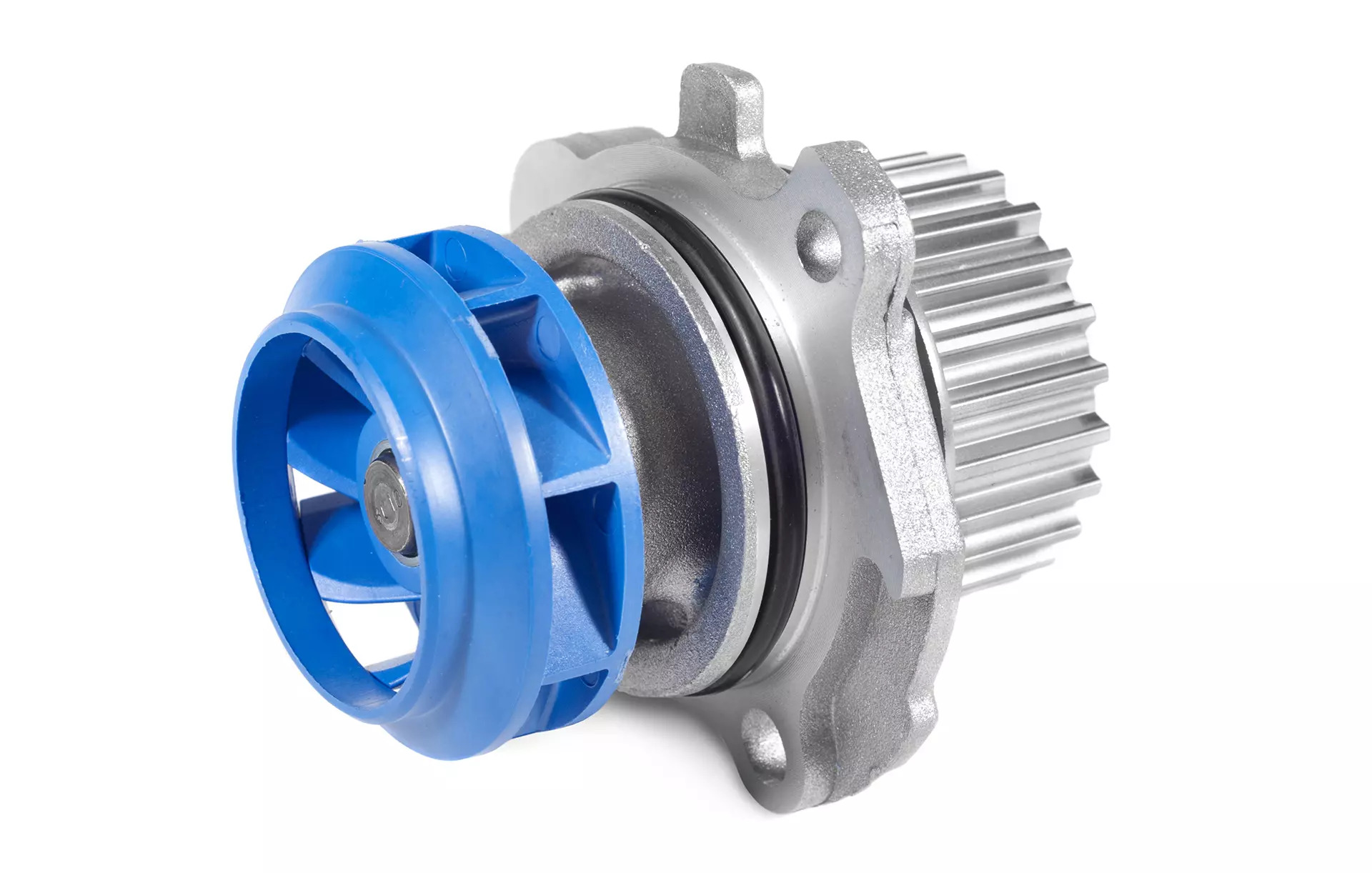Home>Home Maintenance>What Does Air Conditioning Do In A Car
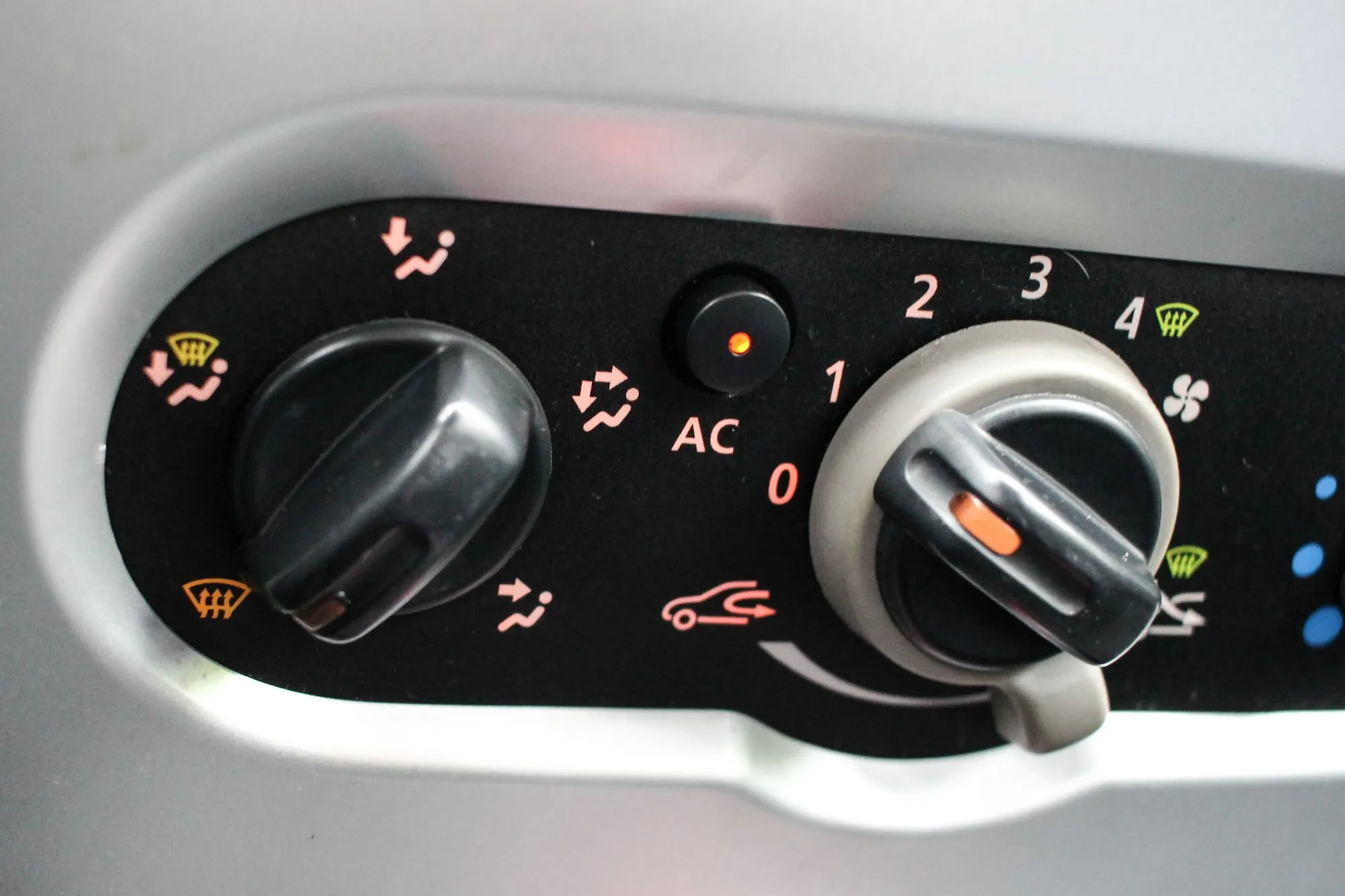

Home Maintenance
What Does Air Conditioning Do In A Car
Modified: August 27, 2024
Discover what air conditioning does in a car and why it’s an essential part of home maintenance. Find out how it keeps you comfortable during hot summer drives.
(Many of the links in this article redirect to a specific reviewed product. Your purchase of these products through affiliate links helps to generate commission for Storables.com, at no extra cost. Learn more)
Introduction
Having a functioning air conditioning system in your car is essential for a comfortable driving experience, especially during hot summer days. Car air conditioning not only cools the interior but also helps in maintaining a pleasant temperature, removing excess humidity, and filtering out pollutants from the air. Understanding how car air conditioning works, its various functions, and how to properly maintain it is crucial to ensure optimal performance and avoid costly repairs.
In this article, we will explore the inner workings of car air conditioning systems, the functions they perform, common issues that may arise, and some helpful maintenance tips to keep your vehicle’s air conditioning in top shape.
Key Takeaways:
- Keep your car’s air conditioning system in top shape by understanding its functions: cooling, dehumidification, ventilation, and air filtration. Regular maintenance and troubleshooting can prevent common issues and ensure a comfortable driving experience.
- Regularly check and replace the cabin air filter, keep the condenser clean, and run the air conditioning system to maintain its efficiency. Pay attention to unusual noises or odors, and consider professional maintenance to prolong its lifespan.
Read more: What Is Dual Air Conditioning In A Car
How does car air conditioning work?
Car air conditioning systems operate based on a principle known as thermodynamics, which involves the transfer of heat from one area to another. The heart of the system is the air conditioning compressor, driven by the engine’s power through a belt. It’s responsible for pressurizing and circulating a refrigerant, typically a gas called R-134a, throughout the system.
The process starts with the compressor drawing in low-pressure, low-temperature refrigerant from the evaporator. As it passes through the compressor, it gets compressed, resulting in a high-pressure, high-temperature gas. This hot gas then enters the condenser, located in front of the vehicle’s radiator, where it releases heat and transforms back into a high-pressure liquid.
The high-pressure liquid refrigerant flows through a device called the expansion valve or orifice tube, which restricts its flow and lowers its pressure. This causes the refrigerant to rapidly expand and cool down. The now cool liquid travels into the evaporator, located inside the car’s cabin, where it absorbs heat from the surrounding air. As the heat is absorbed, the liquid evaporates back into a gas.
The cold gas then re-enters the compressor, and the cycle continues. By removing heat from the cabin and releasing it to the outside, the air conditioning system effectively cools the interior to a comfortable temperature.
Cooling function
The primary function of car air conditioning is to cool the interior of the vehicle, providing relief from hot weather conditions or stuffy environments. When you turn on the air conditioning, the system works to lower the temperature inside the cabin.
As mentioned earlier, the refrigerant in the air conditioning system absorbs heat from the cabin air as it passes through the evaporator. This process cools the air before it is circulated back into the interior by the blower fan. The cool air created by the air conditioning system helps to maintain a comfortable driving environment, preventing excessive sweating and discomfort.
It’s essential to note that air conditioning should not be confused with air ventilation. While the air conditioning system cools the air, ventilation refers to the circulation of fresh air from outside the vehicle. Most modern cars provide the option to combine air conditioning with ventilation to achieve optimal comfort.
During hot summer days, using the cooling function of the car’s air conditioning system can be a real lifesaver, making your driving experience more enjoyable and bearable. It is important to ensure that the system is well-maintained and in good working condition to avoid any inconvenience or inefficient cooling.
Dehumidification function
In addition to cooling the air, car air conditioning systems also play a crucial role in dehumidifying the interior of the vehicle. This function is particularly important during humid weather conditions or when there is excess moisture inside the cabin.
When the air conditioning system is activated, it helps to remove moisture from the air, reducing the humidity level inside the car. The evaporator coil, which is responsible for cooling the air, also acts as a dehumidifier. As warm air passes through the coil, the moisture in the air condenses on the cold surface of the evaporator, forming droplets of water.
The condensed water is then drained away through a drain tube and expelled outside the vehicle. By removing excess humidity, the air conditioning system helps to prevent fogging of the windows, which can obstruct visibility while driving. It also helps to inhibit the growth of mold and mildew, which thrive in moist environments and can cause unpleasant odors and health issues.
The dehumidification function of the air conditioning system enhances the overall comfort level inside the car, ensuring a dry and pleasant environment even during humid conditions. It is important to periodically check the drain tube and ensure it is not clogged to prevent water accumulation inside the vehicle.
Ventilation function
In addition to cooling and dehumidifying the air, car air conditioning systems also provide a ventilation function, allowing fresh air to circulate within the vehicle. This is particularly useful when driving in areas with poor air quality or when the cabin becomes stuffy due to lack of fresh air.
The ventilation function of the air conditioning system works by drawing in outside air and filtering it before it is circulated inside the car’s cabin. When the ventilation mode is enabled, the system opens the outside air intake vents and disables the recirculation mode, allowing fresh air to enter.
Many modern vehicles are equipped with cabin air filters that trap dust, pollen, and other airborne particles, ensuring cleaner air inside the car. These filters need to be regularly inspected and replaced to maintain their effectiveness.
The ventilation function not only improves air quality within the vehicle but also helps to reduce odors by removing stale air and replacing it with fresh outdoor air. It can also help to cool down the interior if the outside temperature is cooler than the interior temperature.
While the ventilation function is beneficial, it is important to note that it may not be suitable in certain situations, such as driving in heavily polluted areas or areas with strong odors. In such cases, it may be advisable to keep the windows closed and switch to the recirculation mode to prevent outside pollutants from entering the cabin.
Overall, the ventilation function of the car air conditioning system contributes to a more comfortable and pleasant driving experience by allowing fresh air to circulate within the vehicle and improving air quality.
Regular maintenance of your car’s air conditioning system is important to ensure it functions properly. This includes checking the refrigerant levels, cleaning or replacing the air filters, and inspecting for any leaks or damage.
Air filtration function
One important feature of car air conditioning systems is their ability to filter the air, removing dust, pollen, pollutants, and other airborne particles. This is achieved through the air filtration function, which helps to improve the overall air quality inside the vehicle.
Most modern cars are equipped with cabin air filters, also known as pollen filters or dust filters, which are responsible for trapping and filtering out contaminants. These filters are usually located behind the glove compartment or under the hood, near the air intake area.
The cabin air filter acts as a barrier, preventing particles from entering the interior of the car. It captures dust, pollen, mold spores, and other airborne allergens, ensuring cleaner and healthier air for the occupants.
Regularly replacing the cabin air filter is essential to maintain its effectiveness. Over time, the filter can become clogged with debris, reducing its ability to filter contaminants properly. A dirty or clogged filter may restrict airflow and put additional strain on the air conditioning system, resulting in reduced cooling efficiency.
The air filtration function of the car air conditioning system is particularly beneficial for individuals with allergies or respiratory conditions, as it helps to reduce exposure to allergens and improve indoor air quality. It also contributes to a cleaner and more pleasant driving environment by reducing dust buildup on surfaces and preventing unpleasant odors.
It is recommended to check the cabin air filter regularly and replace it according to the manufacturer’s recommendations. Doing so will ensure that the air filtration function of your car’s air conditioning system is functioning optimally, providing you with clean and fresh air while on the road.
Common issues with car air conditioning
While car air conditioning systems are designed to provide reliable and efficient cooling, they can experience various issues over time. Some common problems with car air conditioning include:
- Insufficient cooling: One of the most common issues is when the air conditioning system fails to provide adequate cooling. This could be due to low refrigerant levels, a faulty compressor, a clogged condenser, or a leak in the system.
- Strange odors: Unpleasant odors coming from the air conditioning vents can be a sign of mold or mildew growth on the evaporator coil. This can happen when moisture accumulates in the system or when the cabin air filter needs to be replaced.
- Noisy operation: If you notice unusual noises, such as squealing, rattling, or grinding sounds when the air conditioning is turned on, it could indicate a problem with the compressor, fan, or other components of the system.
- Water leaks: Water leaks inside the vehicle can occur if the drain tube that removes condensation becomes blocked or disconnected. This can lead to water accumulating on the floor or carpet, causing damage and unpleasant musty odors.
- Electrical issues: Problems with the electrical components of the air conditioning system, such as a malfunctioning control panel or faulty wiring, can result in erratic or non-functional operation.
- Blows hot air: If the air conditioning system blows hot air instead of cold air, it could be due to a range of issues, including a refrigerant leak, a malfunctioning compressor, or a faulty expansion valve.
It is important to address these issues promptly to avoid further damage and ensure optimal performance of the car air conditioning system. Seeking the assistance of a qualified technician is recommended for proper diagnosis and repairs.
Maintenance and troubleshooting tips
To keep your car air conditioning system in good condition and prevent common issues, regular maintenance and troubleshooting are essential. Here are some tips to help you maintain and troubleshoot your car’s air conditioning:
- Regularly check and replace the cabin air filter: The cabin air filter traps dust, pollen, and other airborne particles, improving air quality. Make sure to inspect and replace it according to the manufacturer’s recommendations.
- Keep the condenser clean: The condenser is located in front of the vehicle’s radiator and can become clogged with dirt and debris over time. Use a soft brush or compressed air to clean the condenser regularly to maintain optimal airflow.
- Check refrigerant levels: Low refrigerant levels can lead to insufficient cooling. If you notice a decrease in cooling performance, have the refrigerant levels checked by a qualified technician. They can also inspect for any leaks in the system.
- Run the air conditioning system regularly: Even during the colder months, it is important to run the air conditioning system for a few minutes each week. This helps to prevent the seals and hoses from drying out and keeps the system in good working condition.
- Pay attention to unusual noises or odors: If you notice any strange noises or unpleasant odors coming from the air conditioning system, it is advisable to have it inspected. Ignoring these signs may lead to further damage and costly repairs.
- Check for water leaks: Periodically check for any water leaks inside your vehicle, especially if you notice damp carpets or a musty smell. Clear any blockages in the drain tube and ensure it is securely connected to prevent water accumulation.
- Consider professional maintenance: It is recommended to have your car air conditioning system professionally serviced by a qualified technician at regular intervals. They can perform comprehensive checks, clean the system, and address any potential issues before they become major problems.
By following these maintenance and troubleshooting tips, you can prolong the life of your car air conditioning system and ensure it provides efficient cooling throughout the year.
Conclusion
Car air conditioning systems play a vital role in keeping us comfortable during our journeys, providing cool and refreshing air while also dehumidifying, ventilating, and filtering the cabin environment. Understanding how these systems work and properly maintaining them is essential for optimal performance and longevity.
Regular maintenance, such as checking and replacing the cabin air filter, cleaning the condenser, and ensuring proper refrigerant levels, can help prevent common issues and ensure the system operates efficiently. Being aware of signs of trouble, such as insufficient cooling, strange odors, or water leaks, and promptly addressing them can save you from more extensive and costly repairs down the line.
Remember to run the air conditioning system regularly, even during colder months, and keep an eye out for any unusual noises or odors that may indicate a problem. By following these maintenance and troubleshooting tips, you can enjoy a comfortable and pleasant driving experience no matter the weather outside.
If you’re uncertain or encounter complex issues with your car air conditioning system, it’s always a good idea to consult a qualified technician. They have the expertise and equipment to diagnose and fix any potential problems, ensuring your system remains in top-notch condition.
So, take care of your car air conditioning system, and it will take care of you, providing cool and refreshing air throughout your journeys, making driving a more enjoyable experience for you and your passengers.
Frequently Asked Questions about What Does Air Conditioning Do In A Car
Was this page helpful?
At Storables.com, we guarantee accurate and reliable information. Our content, validated by Expert Board Contributors, is crafted following stringent Editorial Policies. We're committed to providing you with well-researched, expert-backed insights for all your informational needs.
